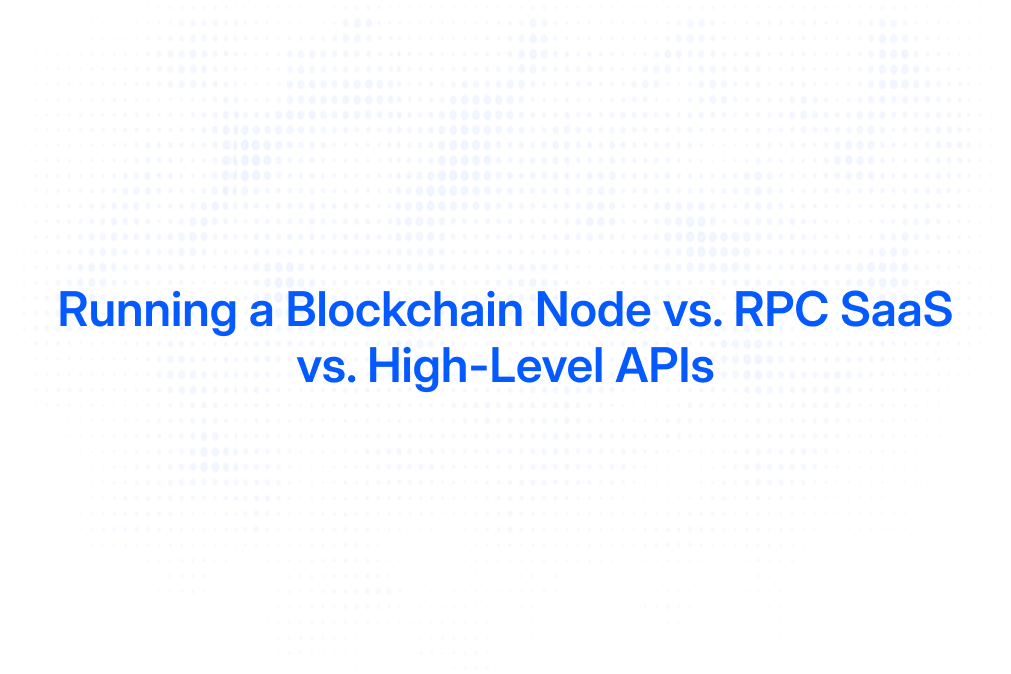Blockchain Projects: Navigating Regulatory Compliance
James Liu

"Blockchain projects have grown exponentially in the past few years and are expected to revolutionize sectors like finance, healthcare, and logistics. Due to their decentralized and transparent nature, they promise efficiency, security, and cost-effectiveness, making them desirable for many startups and established corporations. However, gaining regulatory compliance for these projects is not a walk in the park.
Regulatory compliance refers to a project or organization's adherence to laws, rules, and guidelines relevant to its operations. For blockchain projects, regulations could influence facets like privacy, data security, legality of certain operations, and even the overall business model. Understanding regulatory compliance is crucial for blockchain projects; failure to adhere could expose the project to fines, penalties, operational disruption, and reputational loss.
The primary challenge lies in its novel technology. Governments and regulatory bodies globally are still grappling with understanding blockchain's implications fully. This struggle is twofold: firstly, the nature of blockchain itself does not centrally confine it, making jurisdiction definition ambiguous. Secondly, many existing laws and regulations do not correlate to its decentralized, anonymous, and often international nature.
Anti-Money Laundering (AML) and Know Your Customer (KYC) laws stand as prime examples of these regulatory challenges. Most countries enforce these requirements on their financial institutions to deter illegal activities. For blockchain projects, particularly those related to cryptocurrencies, adhering to AML and KYC requirements can be tricky since transactions are anonymous and cross-border.
Another regulatory hurdle is data security and privacy. The European Union's General Data Protection Regulation (GDPR), for instance, stipulates that individuals have the right to have their personal data removed or modified. However, blockchain's immutable nature means data cannot be altered or deleted, thereby potentially infringing GDPR requirements.
For blockchain projects to succeed, regulatory compliance cannot be an afterthought. It should be embedded from the inception and throughout the project life cycle. This proactive approach involves identifying potent regulatory risks and implementing measures to address them.
In this regard, projects should prioritize hiring or consulting legal experts well-versed in blockchain and its related regulations. These professionals can offer guidance during product development, ensuring adherence to existing regulations and anticipate forthcoming ones. By embedding legal expertise into the project team, startups can ensure their blockchain product or service is built on a solid regulatory foundation.
Continuous education about regulatory compliance is also essential. Laws and regulations in this domain are continually evolving, making it crucial for blockchain startups to stay abreast of any changes. This might involve periodically attending webinars, conferences, and courses dedicated to blockchain technology's legalities or forming alliances with other entities navigating the same challenges.
Moreover, open dialogue with regulators can also be beneficial. By working collaboratively with regulatory bodies, projects can influence the formation of favourable regulations while simultaneously demonstrating regulatory compliance commitment.
In conclusion, attaining regulatory compliance for blockchain projects is undoubtedly challenging but undeniably crucial. By investing in legal expertise, maintaining awareness of changing regulations, and promoting open dialogue with regulatory bodies, blockchain startups can not only navigate these hurdles but also position themselves for long-term success in an increasingly blockchain-friendly regulatory environment. The goal is a mutually beneficial scenario where regulators understand and support the technology, and blockchain projects operate within defined legal frameworks."
.svg)


.png)



